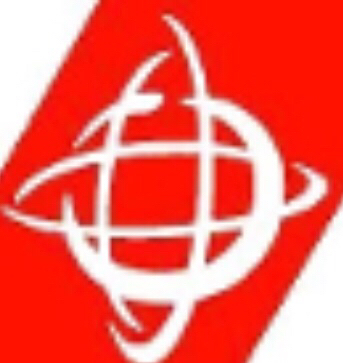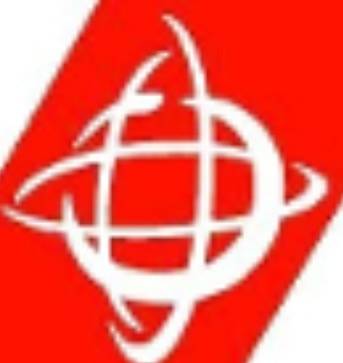Information
-
Gate / Carrier / Fueler
-
Station
-
Audit/Observation Date and Time
-
Auditor
EQUIPMENT ARRIVAL
-
Equipment clean / presentable and labeled<br>properly
-
Vehicle driven safely / proper speeds
-
Completed 50 & 10 foot safety stops
-
Aircraft chocked before approaching with vehicle
-
Guideperson used if tight area, backing, or obscured
-
Equipment never closer than 6 feet from A/C
PRE-FUELING PROCESS
-
Vehicle chocked on passenger side / door closed
-
Bonded in proper order and to proper location on AC
-
Followed proper connection/manual handling procedures
-
Safety cone or flag used on hydrant coupling pit
-
Properly positioned ladder / lift deck
-
Panel Flag used
FUELING PROCESS
-
Properly handled deadman, including "Set Down/Disconnect"
-
Fueler Monitored panel, vents, and gauges
-
Stopped fueling if motorized GSE parked under vent
-
No leaks observed from any fueling equipment
POST-FUELING PROCESS
-
Followed proper disconnect/manual handling procedures
-
Returned fuel hoses, deadman & bonding clamp w/out dragging
-
Returned equipment, dust caps, pit valve dust covers, and pit lids
-
Operator stayed with equipment while connected to aircraft
EQUIPMENT DEPARTURE
-
Completed pre-departure walk around (all the way around vehicle)
-
Guideperson used if tight area, backing, or obscured
-
All action observed were safe (if "No" marked explain in comment)
AGENT SAFETY & APPEARANCE
-
Wearing gloves when handling hoses and equipment
-
Uniform correct and presentable
-
Lifting technique (back straight, bend knees, don't jerk)
-
Hydrant pit connection (cautious with lid, down on one knee)
-
Safety Vest worn
COMMENTS
-
Additional Comments
-
Photos
Findings and Corrective Actions
-
Enter a Finding or Observation
-
Finding or Observation
-
Corrective Action Taken
-
Severity
-
Follow Up Required
ACKNOWLEDGEMENTS
-
Auditor / Supervisor
-
Fueler













